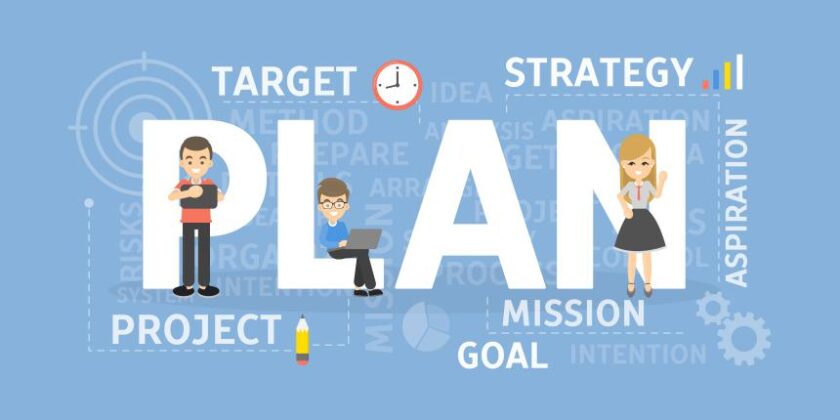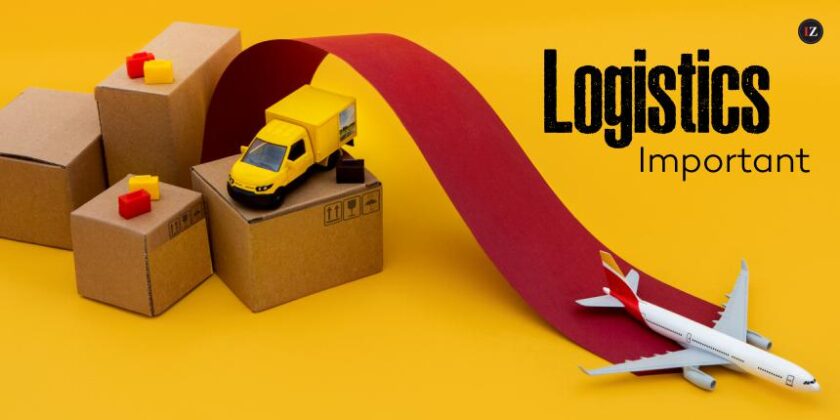We’ve seen the numerous ways the evolution of technology has impacted everything from our classrooms to our courtrooms, and the healthcare industry is no exception. Doctors and nurses who practiced a century ago would be astonished by our newfound capabilities.
From the invention of infusion pumps and dialysis machines to the creation of antibiotics, heart valves and MRI scanners, technology continues to drive us forward and streamline the way we approach medical treatment. Technology automates and extends things that previously had to be done by people and that can free medical providers to focus their time and efforts elsewhere, while also potentially reducing the overall cost of medical care.
Technology in healthcare: 5 ways we’re transforming modern medicine
Genome Sequencing
Genome sequencing is essentially decoding an individual’s genome. For this reason, it is referred to as the future of health care. Medical specialists’ ability to be equipped enough to sequence the human genome is one of the most tremendous in medical technology. The sequence informs scientists on the type of genetic progression carried by a particular segment of DNA.
The provision of genomic information is beneficial in instantly extracting powerful indications and storing them for future detection. This genetic data is used to find the causes and origins of diseases and how to bring about good health.
Remote Monitoring Tools
If patients could monitor their health in their own homes, unnecessary doctor visits will be eliminated, and a lot of money will be saved. Tools such as pacemakers for patients who suffer from heart diseases are programmed to send data to health centres. There are also tools customized for patients living with chronic illnesses, and with them, the patients’ health can be monitored from hospitals irrespective of the distance.
Basically, these tools oversee the supervising improvements and breakdowns of patients with pre-existing conditions requiring keen and close monitoring, which cuts in half the workload that would have otherwise been involved. Their ability to record this data and billing is an added advantage.
Digital Dispensation Is Accelerating The Prescription Process
There are many start-ups in the healthcare space that are constantly innovating and creating apps for smartphones that send notifications to patients when it’s time to renew their prescriptions. Most of the time you can even renew it within the app in just a few simple taps. Some pharmaceutical companies are taking this a step further and introducing digital doctor visits through their apps. All this ensures that the patients and their doctors are in sync and there are no loopholes in effective patient care.
Software Is Improving Healthcare Efficiency
Medical software is vital to the healthcare industry since it allows healthcare providers to monitor and manage organization and patient data efficiently. Software can help with everyday operations and streamline clinical workflows.
In the end, software and electronic medical records help both doctors and patients. The former gets all the patient-related information in one place and the latter enjoys a great degree of transparency in the healthcare system.
Enhanced Security and Privacy
The healthcare industry is one of the most regulated and scrutinized industries in the world, due to its impact on human life. As a result, it faces unique challenges when it comes to data security and privacy. Health tech can help improve both areas by providing secure storage and transfer of patient information while also protecting against breaches or loss of sensitive data.
While there are many benefits to using health tech for clinicians, this one may be one of the most important: improved security measures mean less risk for your patients’ sensitive information being compromised by hackers or other malicious actors who might be looking for ways into your network.
Increased Mobility
Health tech can increase mobility for clinicians by allowing them to access patient data and communicate with colleagues from anywhere, at any time. For example, cloud-based EHR systems can be accessed from any device with an internet connection, while telemedicine platforms can allow clinicians to communicate with patients remotely. In addition, mobile apps and other tools can help clinicians access patient data and communicate with colleagues while on the go, improving productivity and efficiency.




